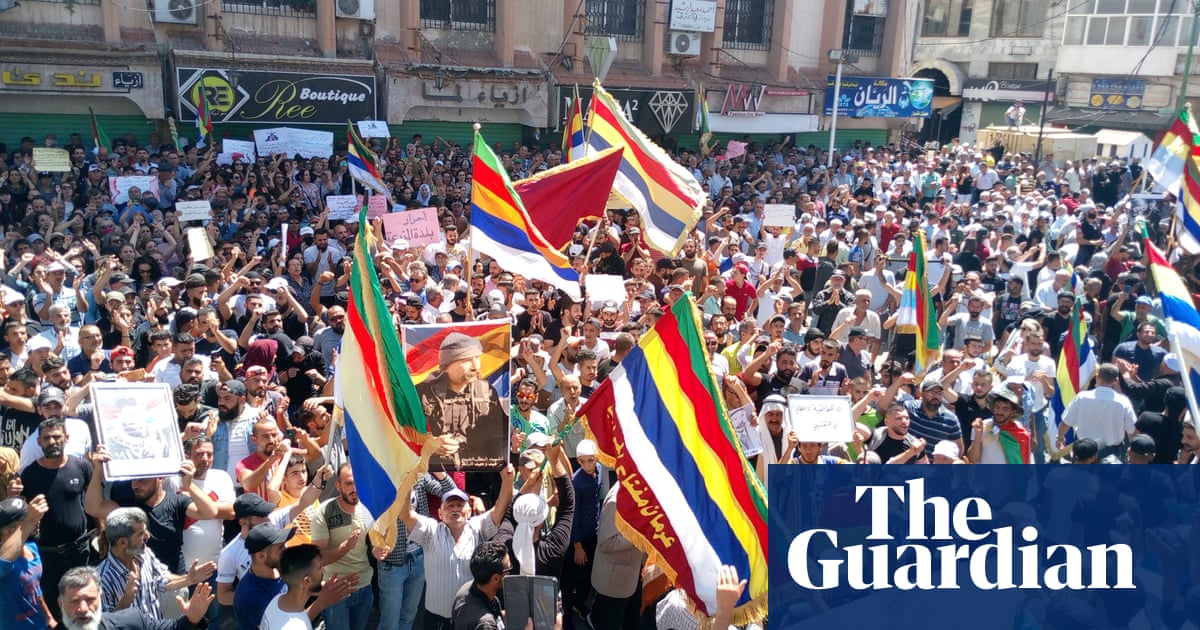
British Foreign Office official: Any repression of the protest movement by violence is unacceptable
BEIRUT: The Ring Bridge, which links east and west Beirut, was a battleground for more than five hours between peaceful protesters and Hezbollah and Amal supporters. According to the General Directorate of the Lebanese Civil Defense, 10 people were taken to hospital.
Young supporters of Amal and Hezbollah arrived on motorcycles at the Ring Bridge after 10 p.m. on Sunday chanting the name of Hezbollah’s secretary general. Their demonstration turned into a riot in residential streets parallel to the Ring Bridge, which are predominantly Christian areas, as journalists and peaceful protesters were surrounded and assaulted. Tear gas was used to disperse the rioters.
Former Deputy Speaker of Parliament Farid Makari tweeted: “The people want the Ring to be a bridge that brings the Lebanese together, while others want to turn it into a boxing, intimidation and repression arena.”
While no rioters were arrested in Beirut, many peaceful protesters in other areas were arrested for blocking roads on Sunday night to pressure the government to comply with their demands. The detainees were released on Monday morning.
However, there were two casualties at the blockades when stones were thrown at a car on the Jiyeh highway, on the Beirut-South road. The car crashed into a concrete barrier and two occupants were killed.
A military arrest warrant was issued for the Lebanese army aide Charbel Al-Ojeil for the deliberate murder of civilian activist Alaa Abu Fakher. Abu Fakher was killed on Nov. 12 during the blockade of the southern road into Beirut. Colonel Nidal Daou was also arrested for the murder.
Amid the continuing failure to form a government, the director general for political affairs at the UK Foreign and Commonwealth Office, Richard Moore, paid a visit to President Michel Aoun, Parliament Speaker Nabih Berri and Saad Hariri, who recently resigned as prime minister.
In a statement issued by the British Embassy Moore confirmed his country’s commitment to helping Lebanon and to supporting its constitutional legitimacy in the formation of a government. This can then implement economic reforms to assist the restoration of long-term stability and comprehensive growth in Lebanon, in addition to the implemention of policies that reflect the aspirations of the Lebanese people, without interference in Lebanese internal affairs.
Moore stressed that “the choice of leaders and government is an internal matter for the Lebanese. The people were clear in their demand for better governance, and they should be heard. It is important to continue to respect their right to protest peacefully, and any repression of the protest movement by violence or intimidation by any party is completely unacceptable.”
A general strike has been announced in the private sector on Thursday, Friday and Saturday in light of the “failure to form a new government and the worsening economic conditions reaching unprecedented levels.”










